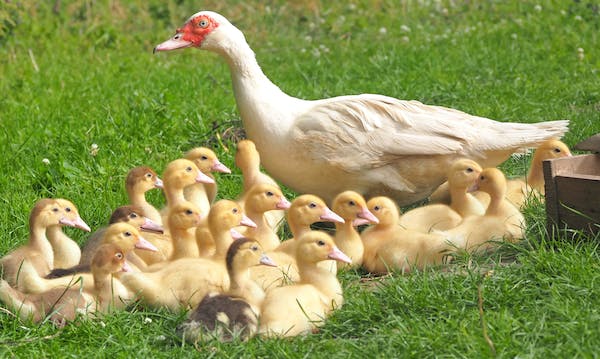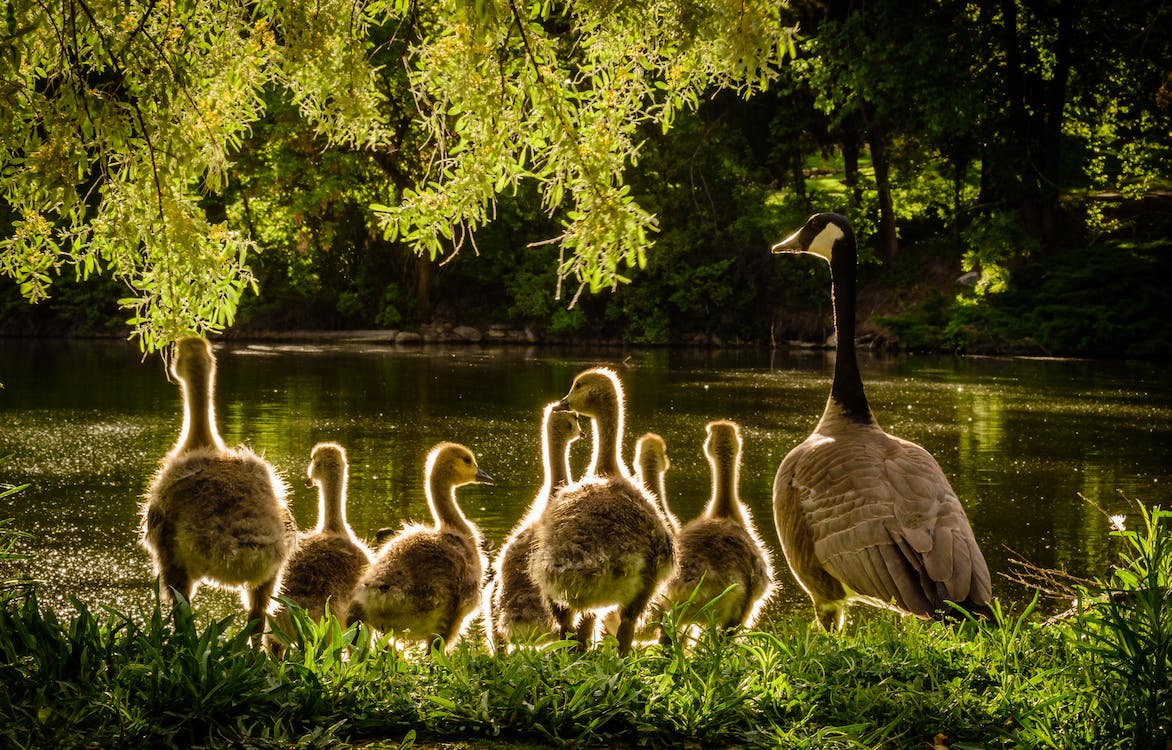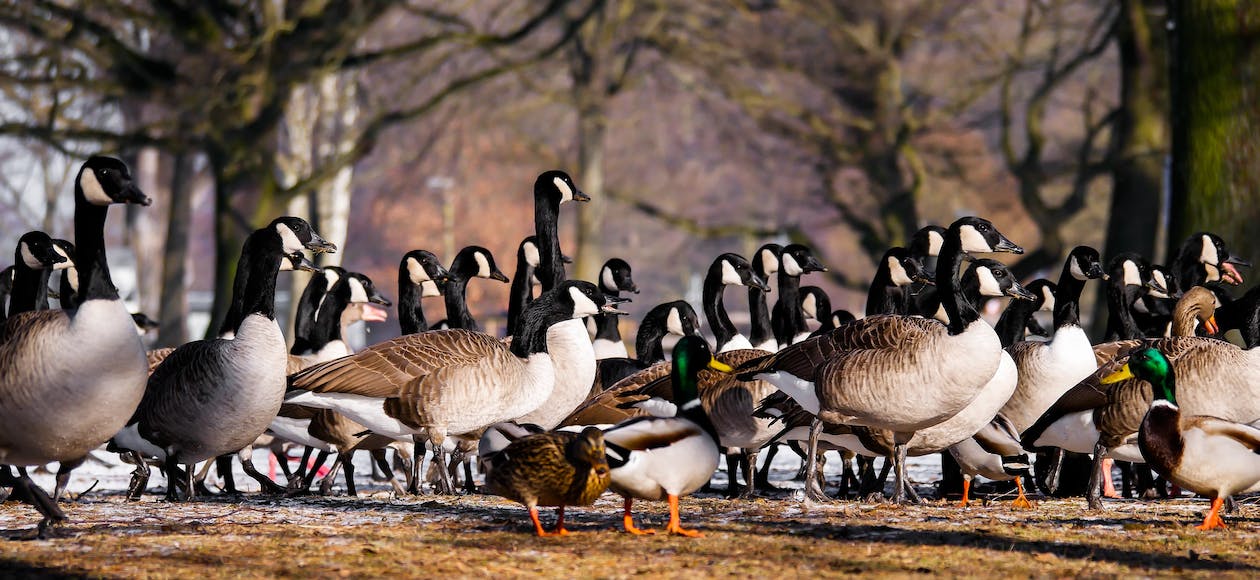Rearing ducks has emerged as a favored hobby. Some delight in having them as pets, while others see it as a profitable venture. Understanding different breeds, their lifespan, and potential health issues is paramount to raising healthy animals and achieving success in this endeavor. Duck species usually fare quite well since they are comparatively resilient to diseases, require low-maintenance, and are tougher than most poultry species.
Your Objective Matters

Identifying your purpose is crucial. If you’re breeding ducks for their aesthetic appeal or as pets, then Gray Call Ducks or White Call Ducks could be your kindred species. They might not lay as many eggs, yet their charming personalities and tranquil demeanor make them wonderful pets or show ducks.
Profiting from Breeding Ducks

Profit-seekers might consider breeds like the Cayuga Duck or Crested Domestic Ducks. Known for their ample size and hardiness, these breeds are commonly traded as meat sources. They’re both renowned for laying an abundant number of brown eggs, providing additional income opportunities. Peking Ducks are also excellent for meat, but their egg-laying capabilities are not as impressive.
Creating a Welcoming Habitat for the Ducks

The next significant decision involves selecting the right environment. Adult ducks need a safe and secure pen or coop, while fertile eggs require a well-regulated incubator.’,
A primary concern should be ensuring protection against predators (external and internal), accidents, and maintaining sanity.
The preferred choice for bedding when breeding ducks revolves around straw blends and wood shavings. They provide comfort, absorb moisture, and keep the area clean. Remember, daily bedding changes are crucial. Adequate ventilation is another must for these enclosures since ducks need to refresh their lungs with fresh air regularly. For ducklings, you would need a standard 250-watt light bulb that provides sufficient heat for the first few weeks.
Nutrition & Care

Another facet of breeding ducks involves careful nutrition management. They require:
- High-quality diet
- Clean water daily
- Veterinary care in case of parasite infestation or illness